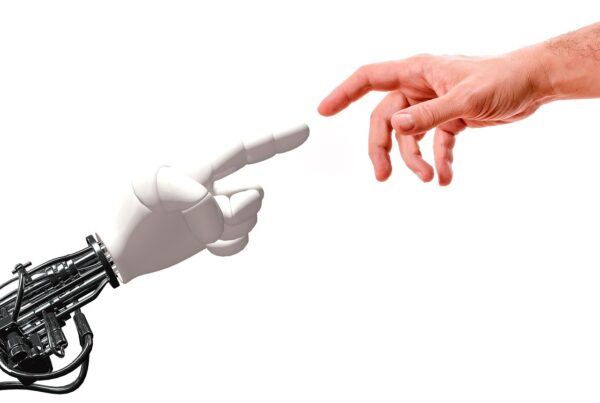#WFH: Based on Precedent or Improvement
Quick decision making and communications around plans has proven itself to be paramount with COVID19. Companies obsessed with process and procedure have been flung into a new world. Even if it is not positive or good news, everyone wants to know what is going on. And they want a plan, NOW. Knowing what is happening and when allows people to make decisions that impact their personal situation. This is not to say that the organization’s decisions can’t change but constant pivoting causes stress, anxiety and tension. Good leadership is paramount in any crisis. This is a crisis like we have never seen. It will have long term impact on all aspects of our lives including legal, academic, healthcare, leisure and commerce. Many pioneers and evangelists have been singing the praises of remote work for decades. Finally, the rest of the world is starting to catch on. It saves on time, gasoline and pollution. It allows companies to utilize global talent resources, save on rent and utility bills and gives people the opportunity to cut out the commute. Most companies have adapted very quickly and successfully, but for some it has been more difficult. For companies connected by a shared passion and vision, not just by physical presence, it has been easier. Having everyone on the same page and knowing what “true north” looks like helps. #WFH is a dramatic change in organizational design and experience. There is an integral magic that happens when people come together in an office environment to create, design and contribute, or so they imagine. There is also a long history and stereotypes that pigeonhole engineers and programmers as benefiting from remote work but not process and production people. When organizations have been successful doing something one way for a long time, it’s hard to change.
Look at education for example. Much of what happens in K-12 and Higher Education is based on precedent not improvement. Prior to 2011 and the advent of 3G, the world really had little other choice. Business, education, and almost everything in the economy was built on person-to-person connections. Once we got the internet and finally got an upgraded broadband connection that allowed us to communicate across boundaries easily, it was a matter of pattern. Human beings like to stick to what they know. We like our comfort zones.
Working in an environment that requires no physical presence requires mental and emotional adjustments. It removes a ton of unconscious bias and puts the focus on results. Most people feel like they are more productive working from home. It is less about the color of your skin, the clothes you wear or the way you sound and show up and more about your work. It requires the individual to be more self-reflective because there is less immediate verification of validity from peers. There are emotional repercussions to doing it all: working, childcare, schooling and your own self-care. Even the CEO of Cisco said in the New York Times on March 29, 2020 that “as much as we sell this to our customers, I’m not sure I want to do it 100 percent of the time.”
Everything takes a little more thought, a little more effort and a little more reflection. It also takes confidence and trust by employees and employers. Communications that are meaningful and effective are everything when you work remotely. You need clear expectations, verification and feedback. This requires managers and executives to trust, to clarify and to communicate exactly what is expected of the worker. It requires everyone to be focused, aware and engaged.
#AI@Work, #WFH, #RemoteWork, #WorkFromHome, #BobbeGB, #BobbeBaggio, #ThePajamaEffect, #Touchpoints, #Virtual Workplace, #Work From Home #PJEffect, #LinkedInNewsLive





